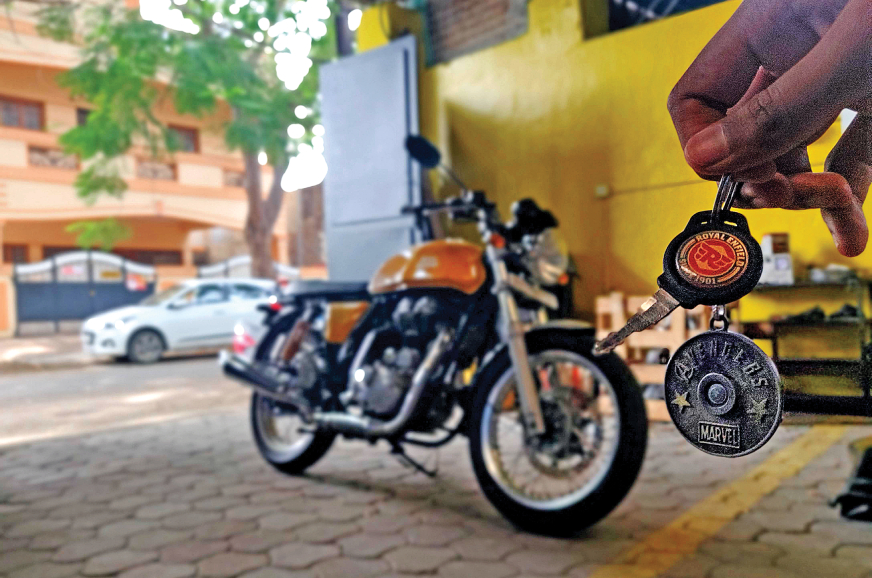
Many people struggle with shopping for a new car. This can be caused by a lack of information on cars and the purchasing process. You also need adequate negotiation skills. The following article will help you understand the concepts you need to learn to be successful when shopping for a car.
If you do not negotiate down from the sticker price when you are car shopping, you are throwing your money away. You shouldn’t ever have to buy a car at its advertised price. Dealers increase the price in order to have wiggle room with the customer; use this to your advantage.
Search for your car on the Internet before visiting a dealership. You have to know the exact car you want, or have a short list, before you go to the dealer. You should look online and research the makes and models that are most suitable for you, the safety records and other information that a dealer will not discuss.
Know what you need in your vehicle before you go to the lot. Research all of you options prior to shopping so you can figure out what works best for your budget and family needs. Also, try to lock in a price range that you are willing to spend.
Monthly Price
Look into the total price, not a monthly charge. A dealer can make any desired monthly price possible, but you’ll end up paying that monthly price for years and years, making the final cost of the car outrageous. It is a better idea to concentrate on getting a great deal on the final vehicle price, including the financing. Then you can determine what the monthly payment will be.
Speak with knowledgeable people before you go car shopping. This individual can be another pair of eyes and ears, and they just might save you from a bad deal by nudging you to walk away when you should. Consider taking a close friend, parent, or spouse.
If you are looking for a new car, you need to find one that is safe. You should always get a car with anti-lock brakes. You also want to make sure there are air bags, and the more the better. You’ll be in this car a lot, so safety is essential.
If you are not confident in your ability to resist high-pressure sales pitches, do not shop for a car alone. Ask a friend or family member to come with you and help you make the right decision. Tell your friend what budget you are looking at.
Speak with your bank regarding loans before you head out to purchase a new car. This is just for your own security. Dealerships usually can help you get a rate that’s better than your personal bank, but you should always know beforehand the interest rate that you are willing to work with.
Never show up at the dealership driving a luxury vehicle. Once they see what you are driving, they will be less likely to make any deals with you.
Wait until you have a deal on the vehicle of your choice prior to discussing trade-ins, incentives or down payments. These are costs that should be taken off of the final price of the car. This will help you get a better deal.
Test Drive
No matter what car you chose, test drive it first. No matter how perfect the car looks, you must test drive it. You need that hands-on experience. The car may not be what it’s cracked up to be, and this is the only way you can find out.
Try planning car shopping trips near the end of a month. Typically, you can get the best deals around this time. When the month is coming to an end, the person that’s selling cars may not have met their quota quite yet. This means they may be willing to give you a better deal in the end.
Social security numbers should not be given until a deal is made. Some dealers will ask for this info upfront so they can run your credit. You have to realize that the process of checking your credit can ultimately damage your score, so be careful in this respect. First have an ironclad deal before giving your SS number.
Keep the fact that you have a car to trade in a secret. Wait to mention a trade-in vehicle until after you have a firm deal on the new vehicle. The dealership might adjust the cost of the new car based on the fact that you have a car to trade in if they know about it beforehand.
Look for potential rebates before looking for a car. Dealerships offer rebates as incentives to sell cars fast. In some cases, a dealer may not even make you aware of the rebate. After you have purchased the vehicle, the dealer might keep the rebate instead of passing the savings along to you.
Before you go to a dealership, do some research. Check online, magazines, and even newspapers to find out what you need. This is a good way to learn about optional equipment and general pricing data. That way, you can save both your money and your time upon arrival at the dealership.
When choosing a car look for one that can inexpensively be repaired and is known for its dependability. You certainly want to avoid a money pit that drains your bank account every other month just to stay functional. Online review sites make it easy to locate the vehicle that best meets your wants and needs.
Don’t get your heart set on just one make and model. In general, find the size of vehicle that you want to purchase. For instance, if you want a SUV, Ford and Toyota both sell them. When you price compare, you can find the best deal.
Now, you know a little more about car shopping. By taking the tips given in this article, purchasing a car will seem easy. Your hard work will pay off once you get a new car. Begin shopping for your car today.



